What is a Body Corporate?
The body corporate is an entity made up of all the unit owners in a unit title development - if you are a unit owner, then you are also a member of the body corporate.
Powers and duties of a Body Corporate
The body corporate is responsible for a range of management, financial and administrative matters relating to the common property and the unit title development as a whole. These functions mainly relate to the things all unit owners have a shared interest in – land, money, other property – which is why all unit owners are members of the body corporate.
The body corporate has a number of powers and duties, which are outlined in section 84 of the Act. Some of these include:
• managing, maintaining and repairing the common property, including common building elements and infrastructure that might not be common property
• establishing and maintaining a long-term maintenance plan
• keeping and maintaining a register of all unit owners
• calling general meetings of the body corporate
• keeping accurate financial statements
• taking out insurance that covers the development
• levying contributions on owners to fund the operation of the body corporate
• providing documents to unit owners, such as financial statements, meeting minutes and insurance details
• making and enforcing the body corporate operational rules.
Body Corporate manager
Often a body corporate manager is contracted to perform some of the services of the body corporate on behalf of the unit owners.
Companies that provide professional body corporate services typically offer the following services:
• arranging maintenance of common property
• organising facilities for meetings
• administering the body corporate’s financial activities.
Appointing a body corporate manager does not in any way affect either the individual or collective property rights held by a unit owner.
Maintenance responsibilities in unit titles
The body corporate pays for any maintenance or repairs it carries out, including any property management charges, through levies on unit owners. The body corporate is responsible for repairing and maintaining the common property in the development, any assets owned by the body corporate or designed for use in connection with the common property, and any building elements and infrastructure that relate to or serve more than one unit. The body corporate may access any unit to carry out repairs and maintenance to common property, or to building elements and infrastructure which serve more than one unit. Access to units must be at reasonable times.
Paying for maintenance and repairs
The body corporate is responsible for maintaining the common property in the development as well as building elements (for example, cladding and the roof) and infrastructure (for example, stormwater or wastewater pipes) that relate to or serve more than one unit. The body corporate must also maintain any other assets it owns or that are designed for use in connection with common property.
Most of the time, all owners share the cost of repairing and maintaining common property through the body corporate levy. However the body corporate can require unit owner(s) to pay more if the work:
• was carried out because a unit owner or their tenant acted negligently, or did something to cause damage
• benefits some unit owners over others
• is carried out on building elements or infrastructure contained in a unit.
Maintenance of individual units
Maintenance and repair of the interior of a unit is the responsibility of the unit owner(s). In some instances, especially in developments with detached units, owners might also be responsible for maintenance and repair of the exterior of units and exclusive use areas.
A unit owner must maintain their unit in a way that doesn’t have the potential to cause damage or harm to any common property, building element, infrastructure or other unit.
In addition to necessary repairs and maintenance, a unit owner can make alterations, additions or improvements to their unit, as long as they are within the unit boundary and don’t materially affect the common property or other units and comply with body corporate rules, for example obtaining building consents. If a unit owner wants to do any alterations or additions that will materially affect other units or common property, they must get written consent from affected owners and/or the body corporate.
Long-term maintenance plan
The body corporate must establish and maintain a long-term maintenance plan, which covers at least 10 years. The long-term maintenance plan is funded by the long-term maintenance fund (unless the body corporate resolves not to have a long-term maintenance fund).

